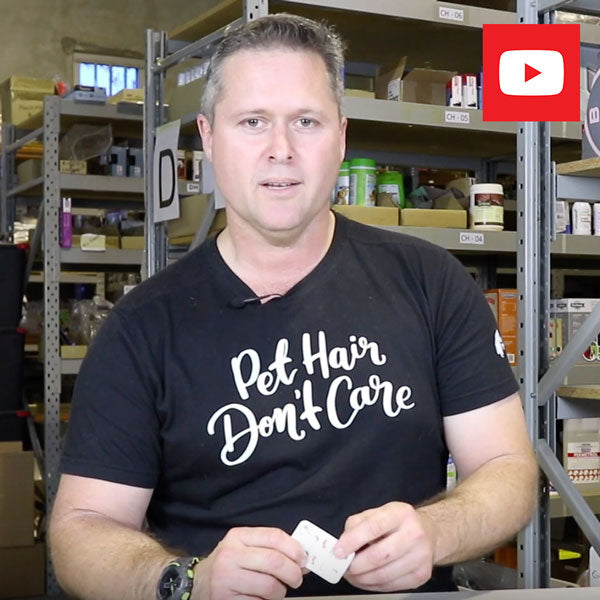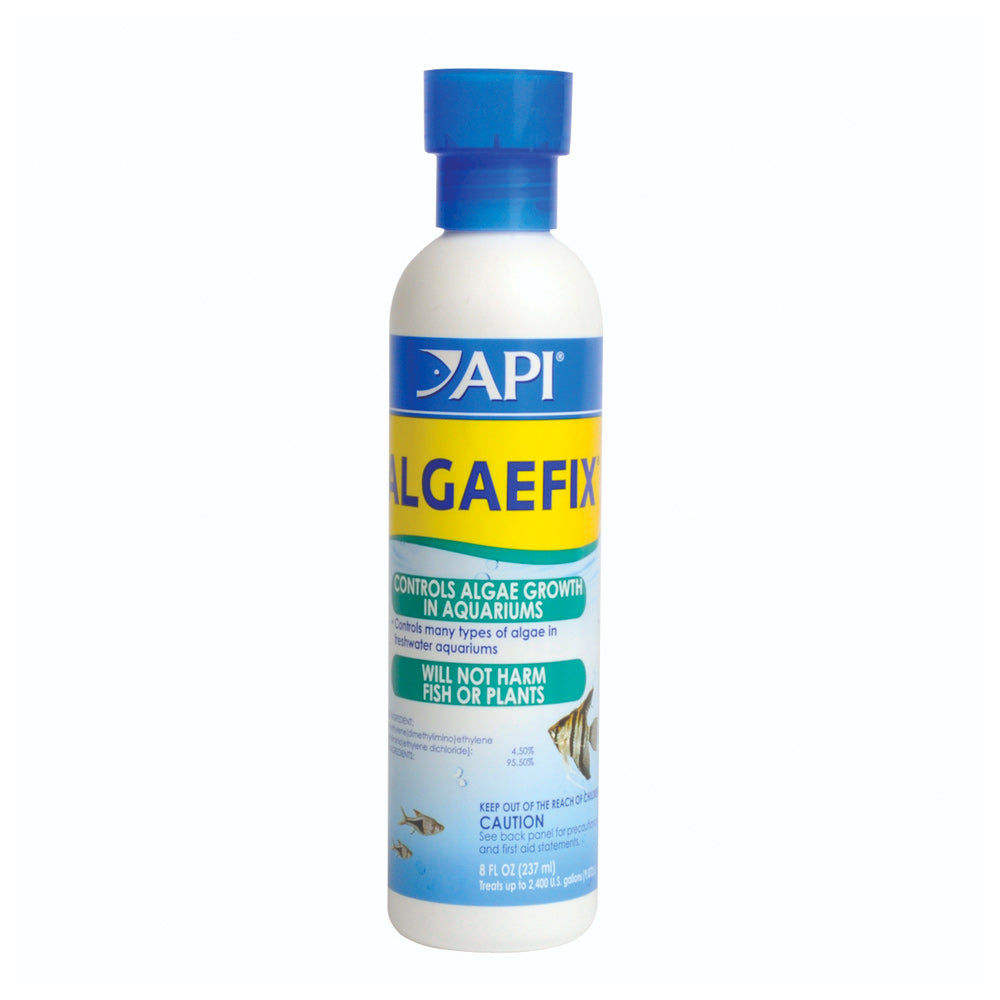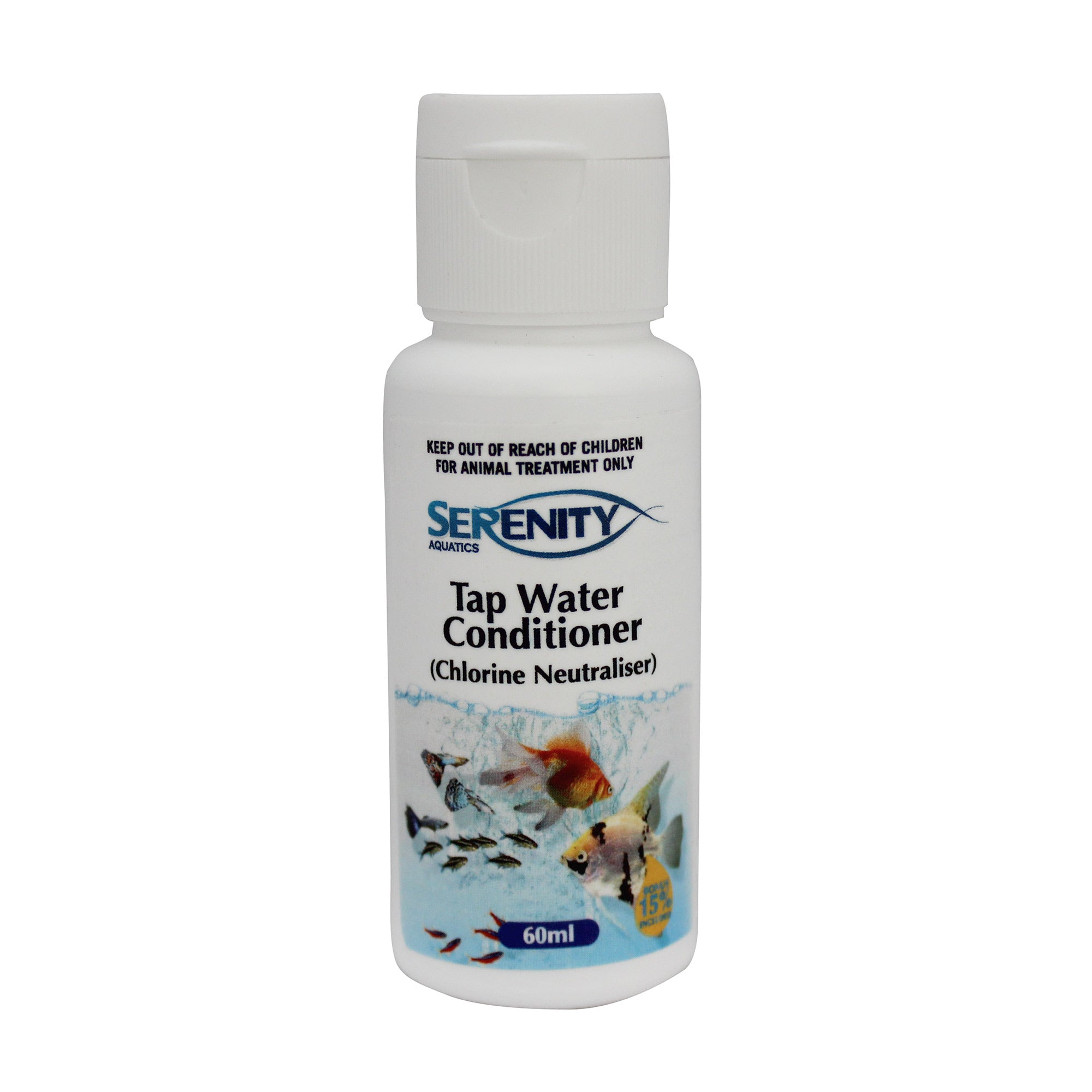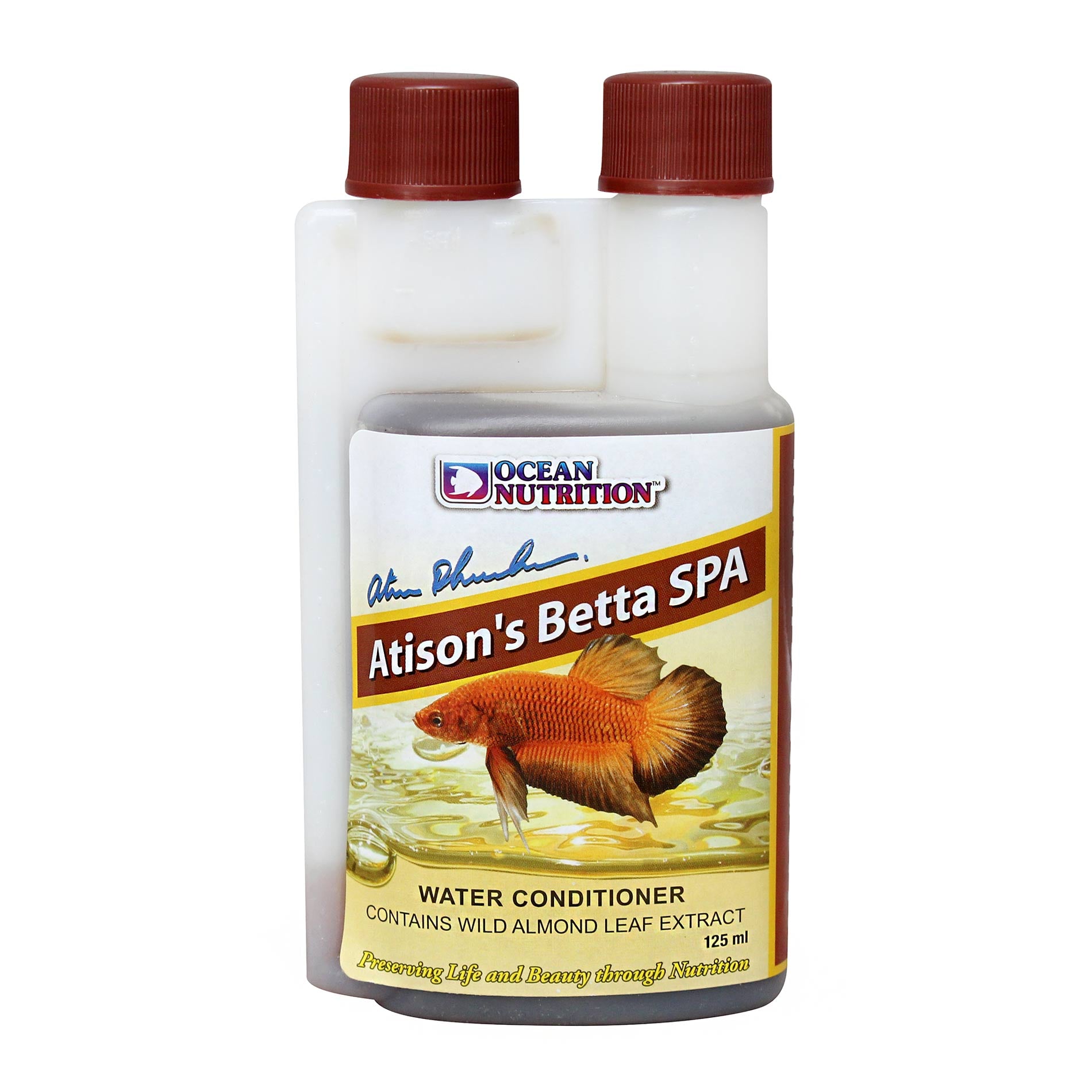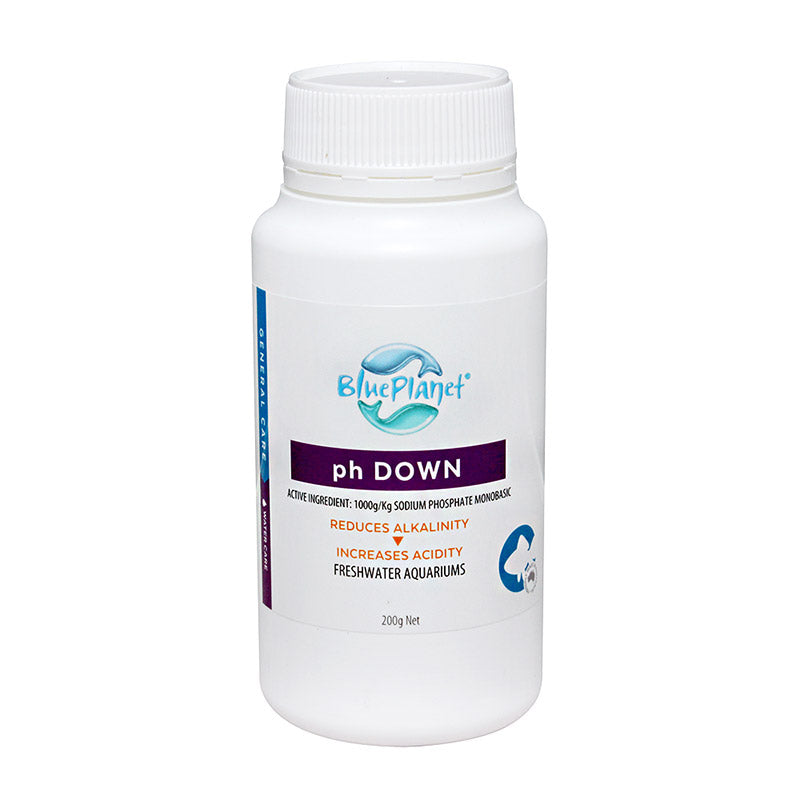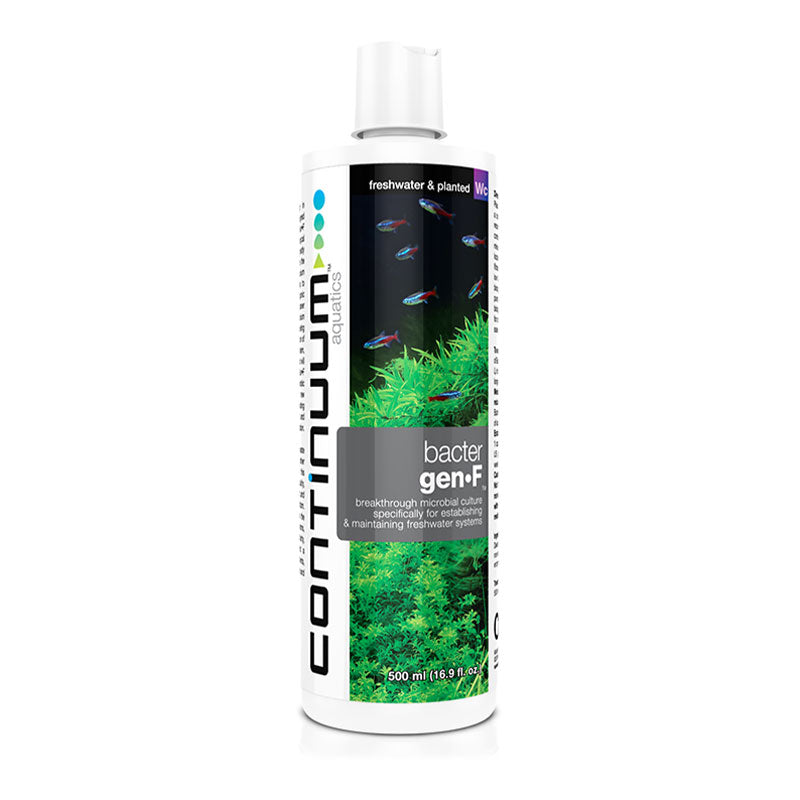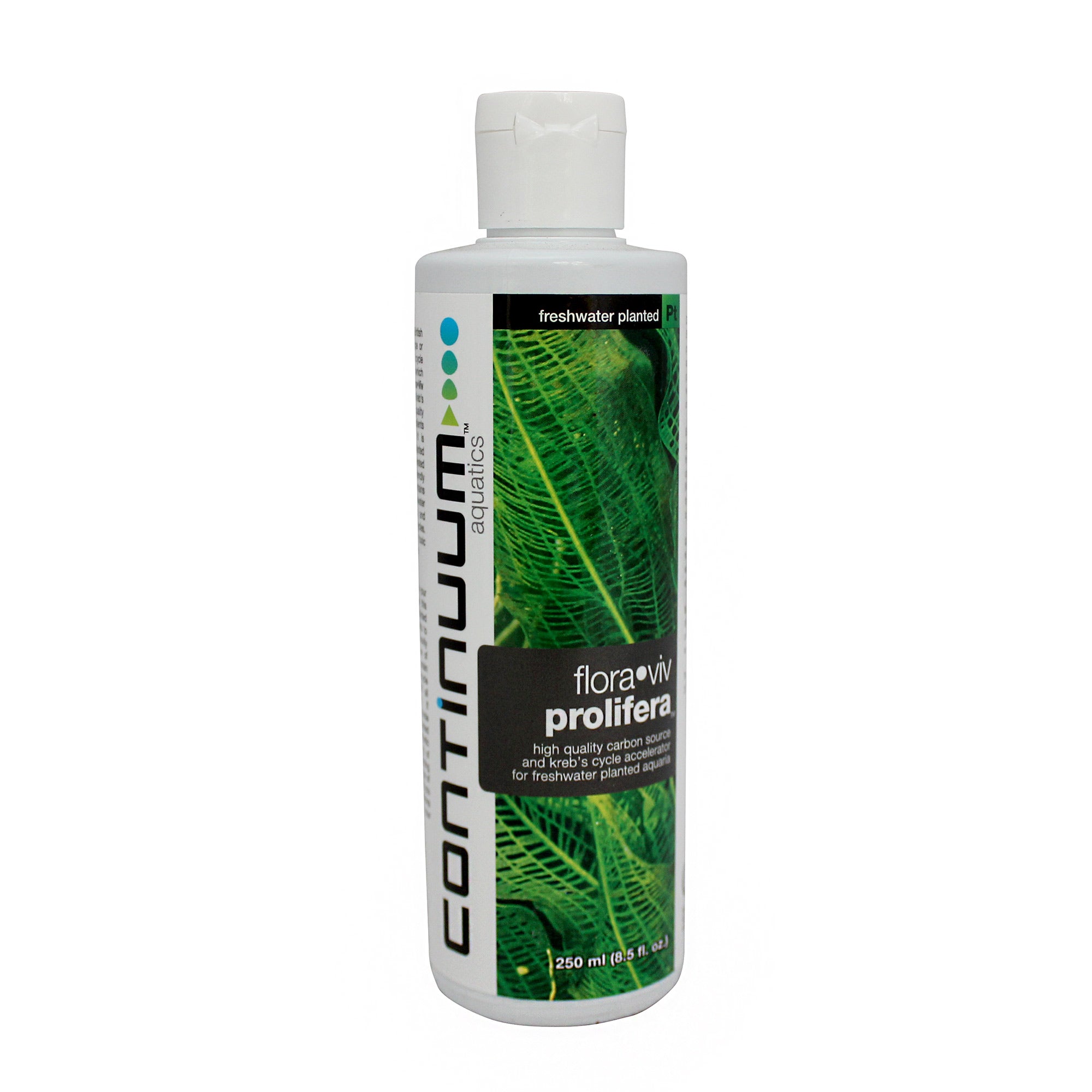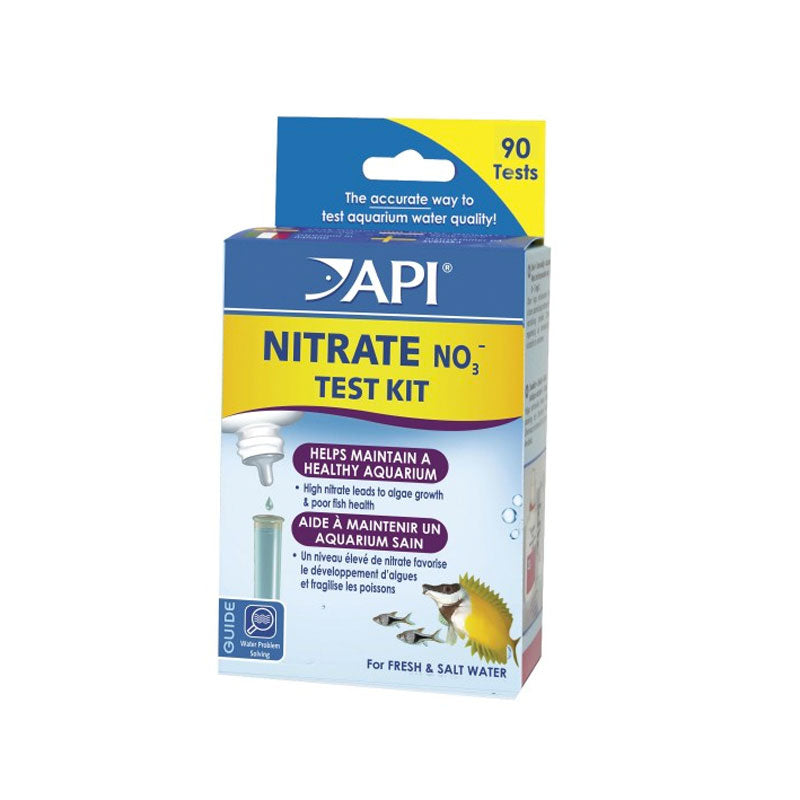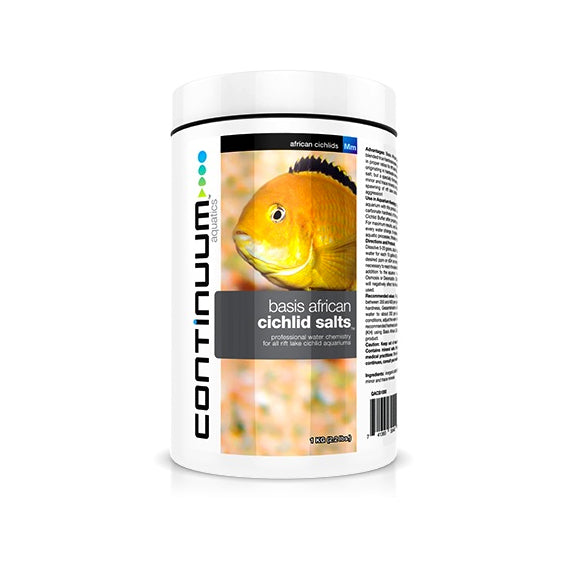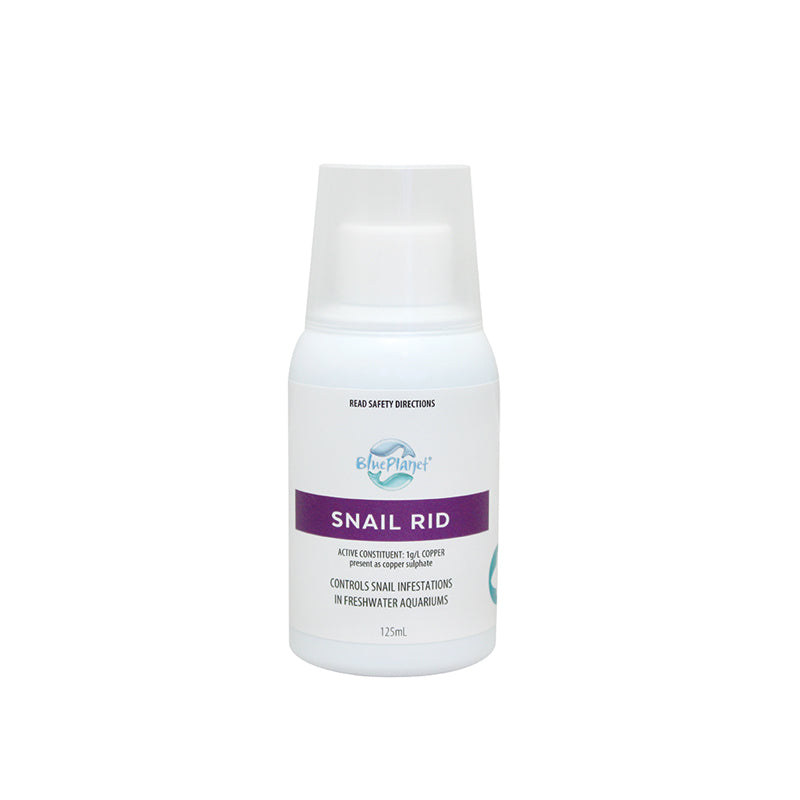Maintaining pristine water conditions in your aquarium not only looks great, it is essential for the health and happiness of your aquatic friends. Aquatic animals cannot escape their watery environment, so ensuring the water is appropriate for their optimal health and wellness is of primary concern to fishkeepers.
Water varies greatly all around the world, and even within the same locality. It varies in the amount of dissolved minerals and solids it contains as well as chemicals and other suspended matter. All of these things thus effect the parameters of your fish tank water. Fish evolved to suit the water parameters in which they were naturally found. Thus when we intoduce them into an aquarium, we may be exposing them to vastly different water parameters to what their biology is suited. We also confine them to a limited space/water volume and this also contributes to a build up in waste which can then in turn affect the overall water parameters.
With some homework, you can do your best to replicate the natural water environment for the species you are keeping, as well as manage the accumulation of waste products to ensure happy, healthy and disease free fish.
Commonly Asked Questions
1. Do I need to dechlorinate my water?
A dechlorinator is only required in instances where chlorine and/or chloramine is added to water to make it safe for human drinking purposes (most likely to be town water supplies). Chlorine and chloramine is harmful to fish as well as the good bacteria in your tank. An alterative to adding a dechlorinator is letting your water age from the tap for 24-48 hours before adding it to your tank which allows the chlorine to dissipate. However this method is not effective for chloramines which are more persistent.
2. How can I keep my aquarium water clear and free from algae?
In most instances, algae is more of a cosmetic issue and is not harmful to the health of your fish (indeed some fish and invertebrates love it!). Avoiding overfeeding and managing the amount of light your tank gets (avoid direct sunlight and limit the amount of hours of overhead light your tank recieves) go a long way towards managing the growth of algae in your tank. You can also use an algaecide to help control algae growth and maintain clear water (just check it is suitable to use with the livestock in your tank). Flocculant products such as Clarion.F can also be used periodically to help clump floating particles and assist your filter to mechanically remove them.
3. How do water conditioners and biological enhancers benefit my aquarium?
Water conditioners neutralize harmful chemicals and heavy metals, and many also contribute additional minerals and slime coat boosters to promote the health of your fish. Biological enhancers introduce beneficial bacteria that help break down waste and maintain a healthy environment. These can be particularly beneficial when establishing a new tank as well as when undertaking water changes.
4. Why would I need to buffer or adjust my aquarium water?
Buffers and adjusters help maintain stable pH levels and other water parameters, preventing stress and illness in your fish. Ideally select species of fish that suit the water parameters of your local water supply so you don't need to fiddle much with this. However, if you need to pursue a specific pH for the species of fish you are keeping, or improve the buffering capacity of your water such as in the case of rainwater or water produced via reverse osmosis, then the use of Buffers and Adjusters become essential. Poorly buffered water is susceptible to fluctuating pH which can be very detrimental to your fish. Water with a greater buffering capacity is more resistent to pH swings and thus a safer environment for your fish.
5. How often should I test my aquarium water, and what should I be looking for?
Regular testing, at least once a week, helps you monitor pH, ammonia, nitrite, nitrate, and other critical parameters to ensure a healthy tank. If you detect a spike in one of these levels you can then undertake appropriate remedial action such as a partial water change or replacement of filter media. Test strips are quick, reliable and convenient and are what we would recommend for most general fishkeepers. To get even more granularity into specific parameters you can also use liquid test kits or electronic meters.
6. Can I use plant fertilizers in my aquarium without harming my fish?
Yes, plant fertilizers designed for aquariums are safe for fish when used as directed, providing essential nutrients that might otherwise be lacking, for healthy plant growth.
7. What are the benefits of adding salts and minerals to my aquarium?
Salts and minerals can enhance fish health, improve water quality, and support biological processes, especially in tanks with specific needs like those housing certain fish species such as cichlids or plants.














